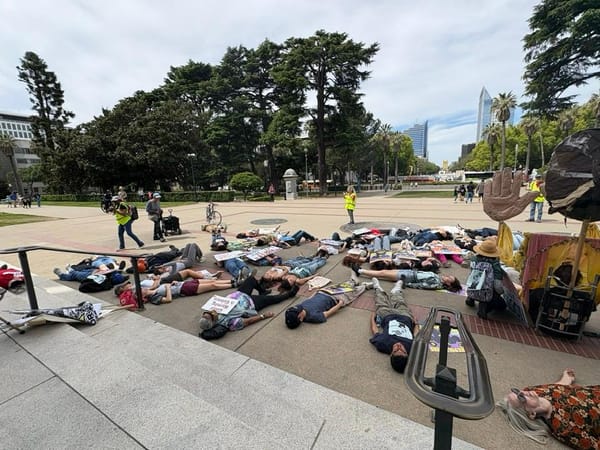We’ve heard AG Rob Bonta’s arguments, what was Elk Grove’s city attorney argument for denial of the Oak Rose project?
How Hobbs justified the denial
A little over six weeks ago, it was revealed the City of Elk Grove was under scrutiny by the Governor of California, the California Attorney General, and the California Department of Housing and Community Development for allegedly violating various state housing laws.
The scrutiny of Elk Grove Mayor Bobbie Singh-Allen and her four city councilmen, led by Attorney General Rob Bonta, came from the July 2022 denial of the Oak Rose supportive housing project. Singh-Allen, two current councilmen, and two former councilmembers denied the project after bowing to pressure from Elk Grove City Council District residents.
The state has made its position well-known from press releases on March 16 threatening a lawsuit against Elk Grove and on May 1 announcing the lawsuit had been filed in Sacramento Superior Court.
While the state has made its case in easy-to-comprehend terms, the city has only addressed the lawsuit by deflecting attention away from its alleged violation of laws. But there is one source that explained the city’s legal justification for denying the Old Town Elk Grove Oak Rose project.
That justification during the July 27, 2022, city council meeting where the project was unanimously denied was offered by city attorney Jonathan Hobbs. As seen from the eight-minute video below, seemingly memorized for future legal proceedings than the public, Hobbs’s scripted comments spoke circuitously to describe Mayor Singh-Allen and her city council members’ denial justification.
There are a few takeaways from Hobbs’ long and winding discussion.
Hobbs noted Oak Rose project proponents bypassed the normal city design review process as allowed by SB35 but claimed that an exception to the ground floor commercial requirement exceeds the statutory scope of exceptions allowed under SB35. Furthermore, Hobbs opined the Old Town Special Planning area cannot be preempted by SB35.
Additionally, the city attorney says the other Old Town market rate apartment project was granted an exception to the Old Town standards and a variance to ground floor commercial because they went through the normal design review process. Therefore, that type of exception can be waived as a part of the normal design review process.
Hobbs’ opinion starkly contrasts the state’s argument that all city zoning standards can be waived under SB35 and disagrees, pointing to other statutes that give the city the right to enforce its zoning requirements. This could become of who has supremacy – the state or local entities.
Before this matter goes to trial, undoubtedly, there will be further negotiations, pre-trial motions, conferences, and various legal tactics. Should this go to trial and a decision be entered for either party, it’s likely to be appealed, further lengthening the outcome.
The question for the Elk Grove mayor and her four councilmen will be if this goes to trial and they lose, how far are they willing to proceed? Are they prepared to expend considerable taxpayers’ money on seven-figure legal fees to appeal, and in a best-case scenario, have portions of SB 35 declared unconstitutional under state law.
Conversely, the city could pursue this and maybe eek a victory, but at what costs to taxpayers, the political reputations of elected officials, not to mention the city’s supposed embracement of racial, ethnic, and socio-economic class diversity?



